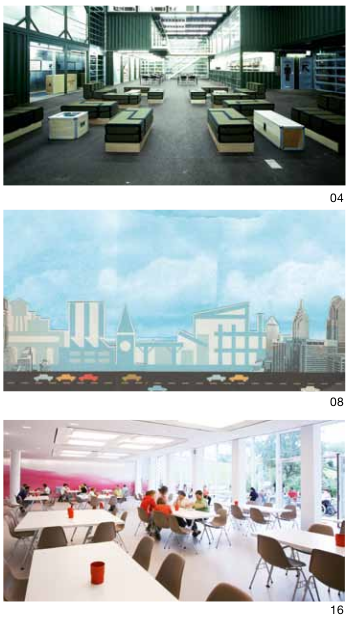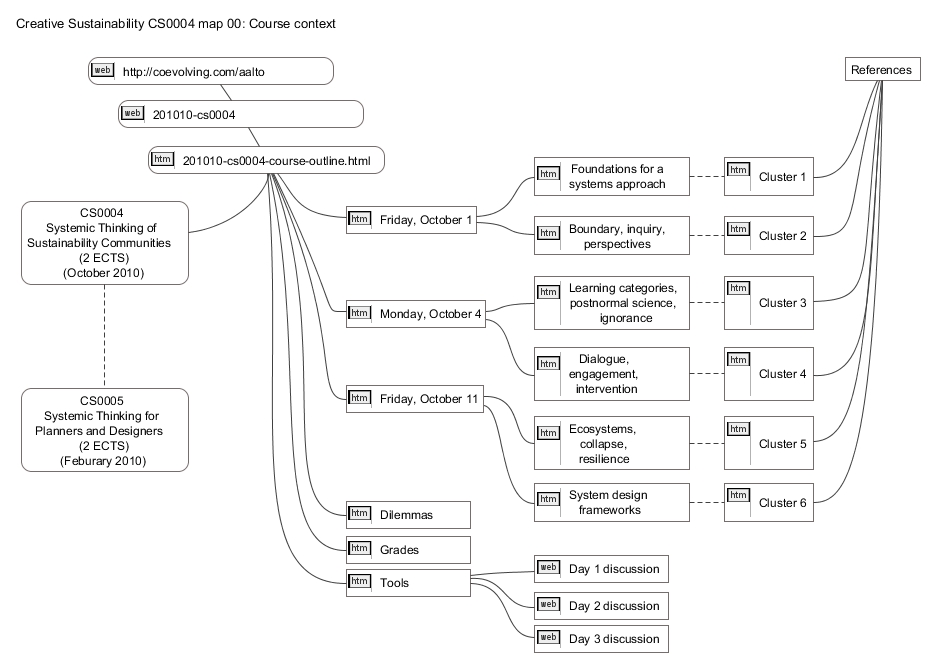An interview by Performance magazine — with an issue focused on systems in architecture and related disciplines — has now been published. Since the content has been translated into German (as well as reduced for length) — the original interview is posted below, in English.
- David Ing is the president (2011-2012), of the International Society for the Systems Sciences. He welcomes deep thinkers from around the world to join in an interactive learning experience at the annual meeting of the ISSS, scheduled for July 15-20, 2012, in San Jose, California. David Ing responded to this interview from his home in Toronto, Canada.
1. Could you please, in just a few words, explain to us what the systems sciences deal with and what your specialty area is?
The systems sciences — many of us prefer sciences in the plural — study the nature of parts and wholes. People may say that they are systems thinkers: they view the world primarily as relations of part-whole, part-part and whole-whole arrangements in space and time. Systems thinking enables a basic foundation across a wide variety of domains, including (i) natural systems in geographic and biological domains, and (ii) man-made systems in social and informatic domains.
In 2011-2012, I am serving as the president of the International Society for the Systems Sciences (ISSS). Our annual meeting for July 2012 will be at San Jose State University, in California. We expect a broad range of systems researchers and practitioners to come together for interdiscipinary and transciplinary discussions over five days.… Read more (in a new tab)





